
Fostering revolutionary spirit and spreading communist ideals
Since the early years of the 20th century, President Ho Chi Minh, with his sharp strategic thinking and strong political will, clearly recognized the great power of the press in the cause of national liberation. For him, the press was not only an information tool, but also a "special army" on the ideological front, capable of awakening patriotism, fostering revolutionary spirit and spreading communist ideals to the masses.
Exactly 100 years ago, on June 21, 1925 in Guangzhou (China), President Ho Chi Minh founded Thanh Nien Newspaper, the mouthpiece of the Vietnam Revolutionary Youth Association. This was the first Vietnamese newspaper with Marxist-Leninist ideology, published in a systematic and organized manner, with the main content of promoting the proletarian revolutionary path. Thanh Nien Newspaper at that time condemned colonialism, aroused national spirit, and prepared ideologically and theoretically for the birth of the Communist Party of Vietnam in 1930.
During the Nghe Tinh Soviet Movement (1930-1931), the Party's secret press system became a powerful voice exposing colonial crimes, propagating the slogan "Independence - Freedom - Food - Peace" to millions of farmers and workers. In forced labor prisons such as Con Dao, Hoa Lo, Son La... revolutionary press was still maintained, becoming a "great school" of communist ideals.
Throughout the years of fighting for national independence, the revolutionary press was a companion, the "eyes and ears", the "wisdom and heart" of the revolution. The Liberation Flag newspaper - the mouthpiece of the Viet Minh Front, contributed to calling on the entire people to rise up and make the August Revolution a success.
During the resistance war against French colonialism, revolutionary journalism developed strongly in both quantity and quality. Newspapers such as Truth, National Salvation, National Defense... vividly reflected the people's fighting life, encouraging the spirit of "national resistance, comprehensive resistance".
On April 4, 1949, in the middle of the mountains and forests of ATK Viet Bac, Huynh Thuc Khang Journalism School was established under the direction of President Ho Chi Minh, the Viet Minh General Department and the Resistance Press Corps. This was the first and only revolutionary journalism training facility during the resistance war against French colonialism. The school was directed by journalist Do Duc Duc and deputy director Xuan Thuy. The school's lecturers were famous political activists, journalists and artists such as Truong Chinh, Vo Nguyen Giap, Hoang Quoc Viet, Le Quang Dao, To Huu, Tran Huy Lieu, Tu Mo, Xuan Dieu, Nguyen Xuan Khoat, Nguyen Huy Tuong, The Lu, Nguyen Tuan, Nguyen Dinh Thi and Nam Cao. Although it only operated for three months (from April 4 to July 6, 1949), the school trained 42 students who later became key writers, making important contributions to revolutionary journalism and the cause of resistance and national construction.
President Ho Chi Minh sent two letters of encouragement, in which he advised: "This class is the first journalism class, I hope you all compete to study and practice to be worthy pioneers on the journalism front. The press must also carry out the slogan: All for victory!".
Imbued with Uncle Ho's advice, wartime journalism not only transmitted orders and encouraged morale, but was also a great source of inspiration, contributing to creating "soft power" that led to historic victories.
The Dien Bien Phu campaign in 1954 is a testament to this: The press not only reported on the war, but also encouraged the home front and fueled the spirit of the entire population. During the resistance war against the US, the press became a true “media arm”. Thousands of journalists were present at fierce battlefields such as Binh Tri Thien - Hue, Khe Sanh, Tay Nguyen, Saigon - Gia Dinh. They not only wrote news and articles, but also composed poems, music, photos, etc., contributing to the formation of a powerful “ideological - cultural front”.
During the Great Victory of Spring 1975, the press reported news rapidly and accurately, contributing to breaking the enemy's last psychological defense line. The Vietnamese press is considered by international friends to be one of the most successful and creative combat presses of the 20th century.
Worthy of being the "sharp ideological weapon of the Party", "people's forum"
After the country's reunification, the press entered a new phase - building and defending the Fatherland, especially since our Party initiated the renovation process in 1986. In this journey, the press continued to be a pioneering force on the ideological and cultural front, contributing to shaping social thinking and promoting national spirit in the context of integration.
After nearly 40 years of innovation, the Vietnamese press has developed strongly in both quantity and quality. From a few dozen initial agencies, the country now has about 800 newspapers, magazines, hundreds of electronic information pages, and social networking platforms licensed to operate. More importantly, the mindset of journalism has shifted from "reporting news" to "leading and orienting public opinion", from one-way propaganda to multi-dimensional reflection. On the socio-economic development front, the press is a channel for information, criticism, supervision, and creating social consensus.
In the cause of protecting sovereignty and territorial integrity, the press is the pioneer on the media front. Typically, in the event of China illegally placing the Haiyang Shiyou 981 drilling rig in Vietnam's exclusive economic zone (in 2014), our country's press unanimously spoke out based on international legal grounds, ensuring the principle of "resolute but appropriate", contributing to strengthening the people's trust and the great national unity bloc.
In the fight against corruption, waste and negativity, the press also plays a particularly important role. As the late General Secretary Nguyen Phu Trong has repeatedly affirmed, “the press is the leading force, a sharp weapon that contributes significantly to the success of the fight against corruption and negativity.”
In particular, in the context of the Fourth Industrial Revolution and the strong globalization trend, Vietnamese press has been proactively transforming itself to adapt and comprehensively change from journalistic thinking, newsroom organization, to content production and distribution models. Many press agencies have deployed converged newsroom models, invested in digital infrastructure, developed data journalism, applied artificial intelligence (AI), automated news production, personalized user experience... Press is no longer simply a one-way information delivery platform, but has become an interactive, multimedia platform, integrating many types of journalism (text, audio, images, videos, graphics, livestreams...).
The Government has also issued the Strategy for Digital Transformation of Journalism to 2025, with a vision to 2030 (Decision No. 348/QD-TTg dated April 6, 2023), defining the goal of building a professional, humane, modern journalism that proactively adapts to digital technology.
Affirming courage, intelligence and stature in the new era
Over the past 100 years, the Vietnamese revolutionary press has affirmed its role as a shock force, the "intelligence, conscience and mettle of the times".
New challenges such as the rapid development of social networks, information disruption, public fragmentation, fierce competition between mainstream media and cross-border platforms... are posing many new requirements for journalists.
More than ever, the press needs to continue to uphold political principles and professional ethics, improve professional capacity, digital skills and critical thinking, not only to report news quickly, accurately and attractively but also to have the ability to "lead public opinion and effectively refute false and harmful information".
One of the key tasks is to train and foster a team of journalists for the new era. This is the core responsibility of journalism training institutions, especially the Academy of Journalism and Communication, which always takes to heart the advice of President Ho Chi Minh: “It is necessary to train soldier journalists, journalists must know how to revolutionize themselves to serve the revolutionary cause of the people.”
The next 100 years will be a new journey full of difficulties but also full of aspirations. The Vietnamese revolutionary press must continue to innovate and create, closely follow the Party's guidelines, maintain national identity, reach out to the region and the world, to be worthy of the cause of "cultivating people", the mission of "supporting the righteous, eliminating evil", and worthy of the trust that President Ho Chi Minh and the people have placed in it over the past century.
Assoc.Prof.Dr. Pham Minh Son
Director of Academy of Journalism and Communication
Source: https://hanoimoi.vn/xung-dang-voi-su-menh-lich-su-duoc-chu-tich-ho-chi-minh-trao-gui-706019.html





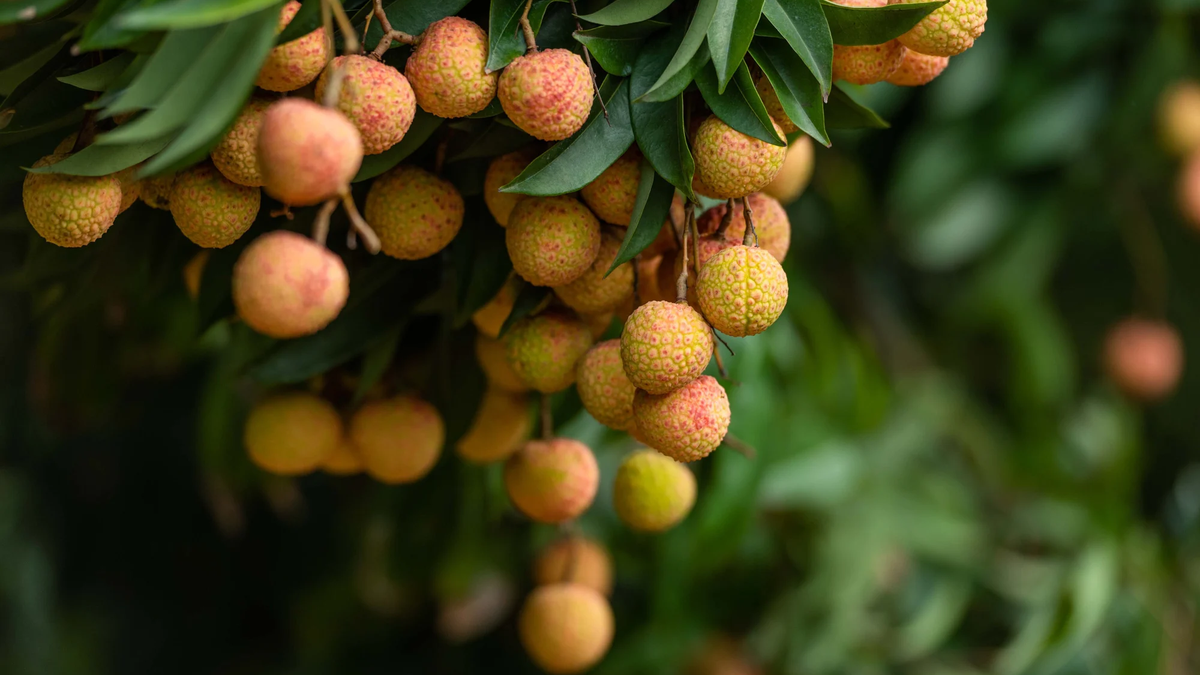


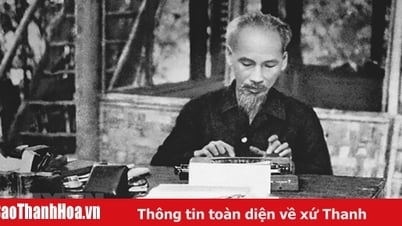

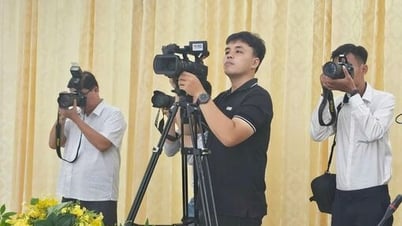

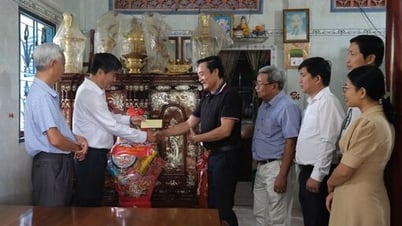
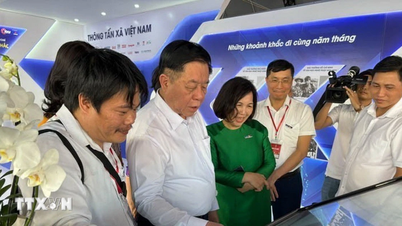

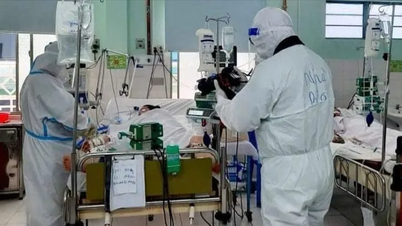

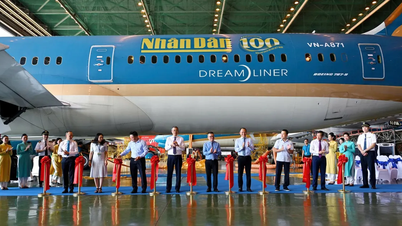
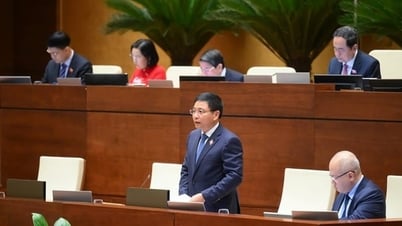

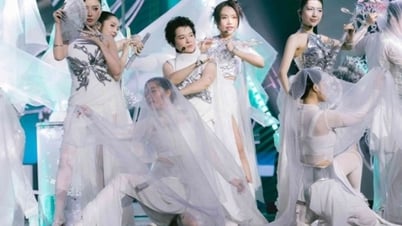

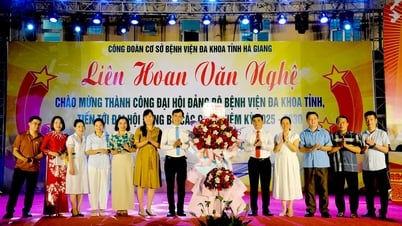

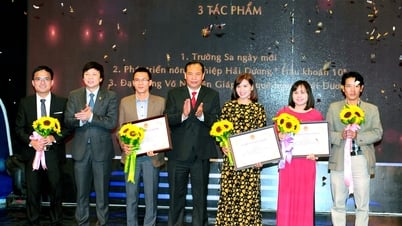






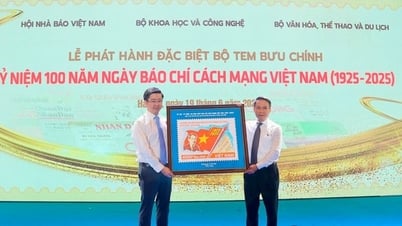
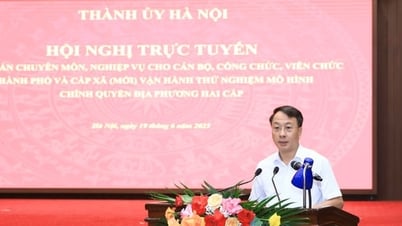
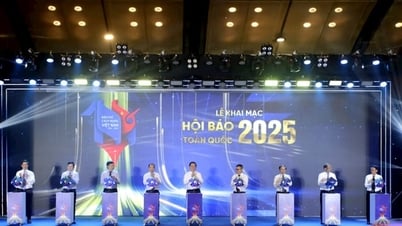
















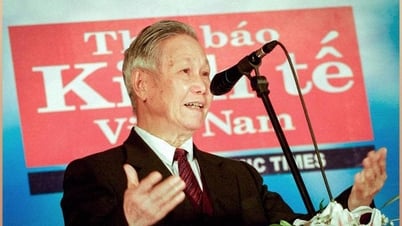

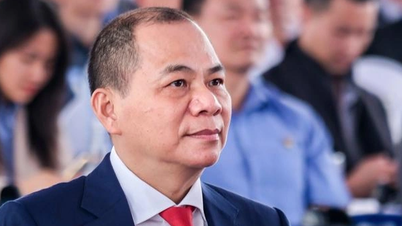
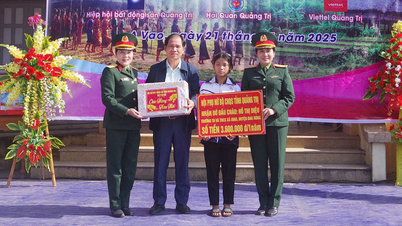



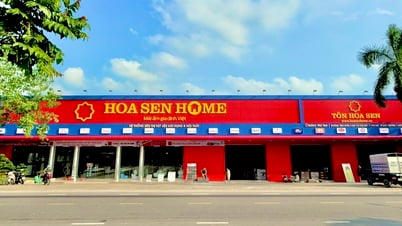




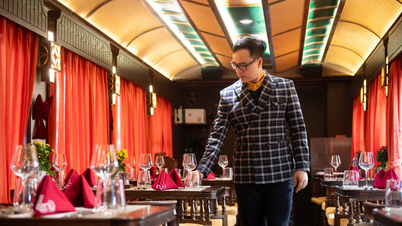



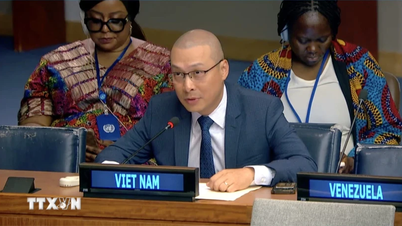
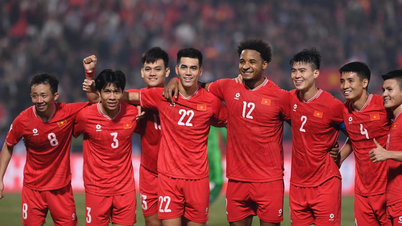


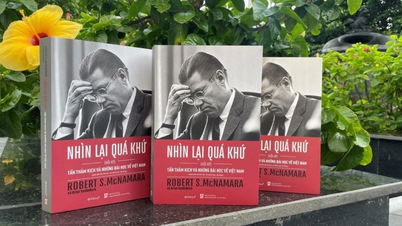
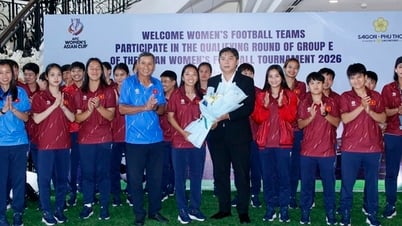

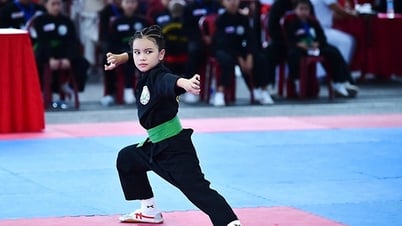



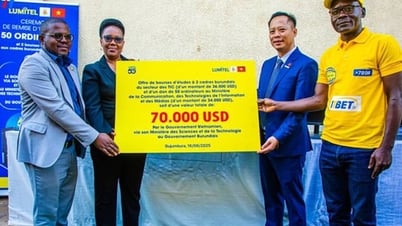



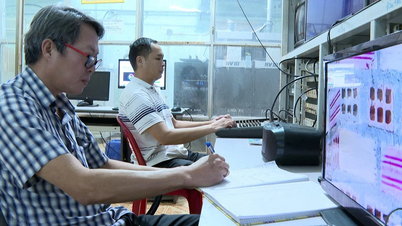

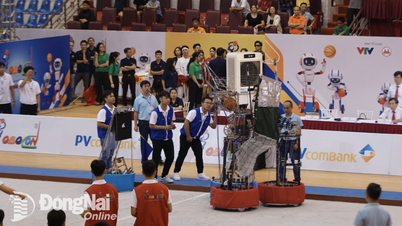

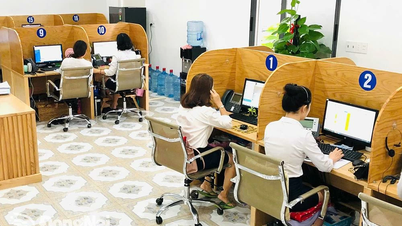



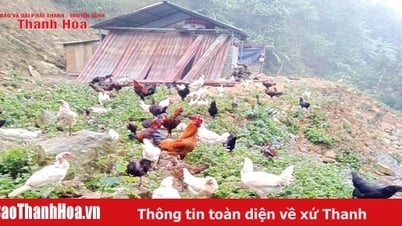





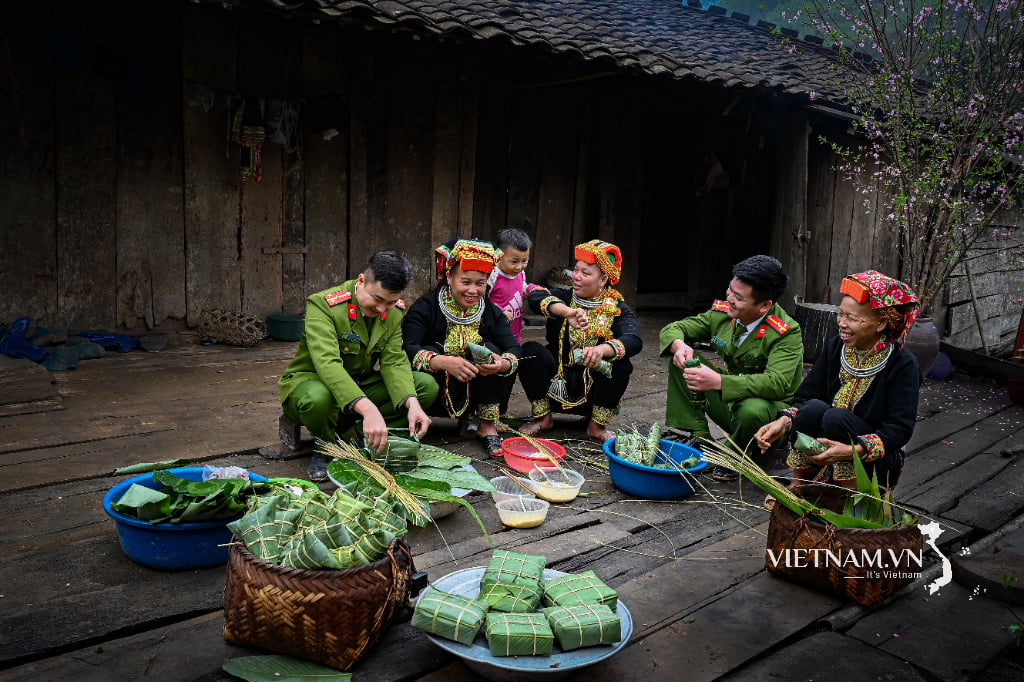
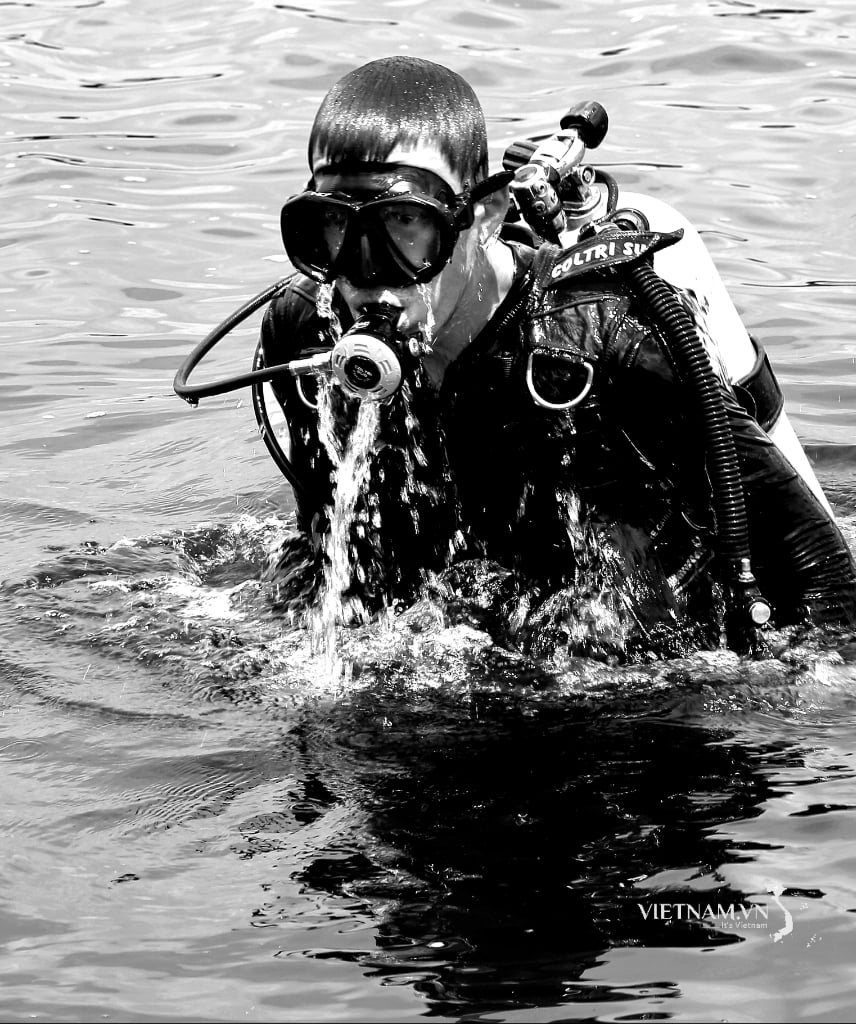

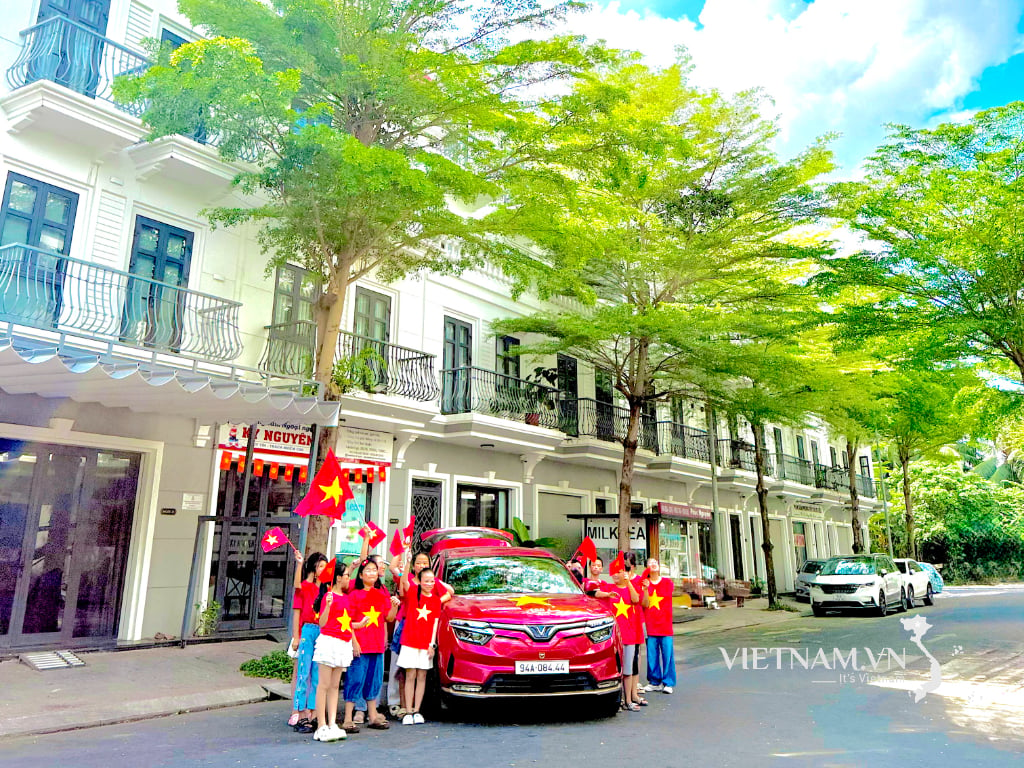
Comment (0)